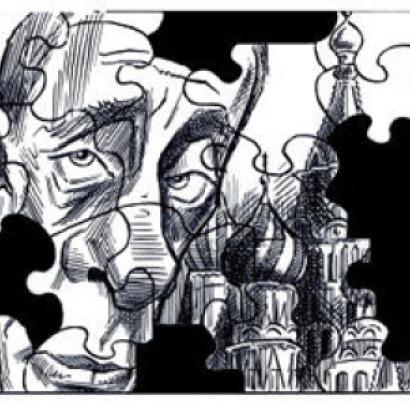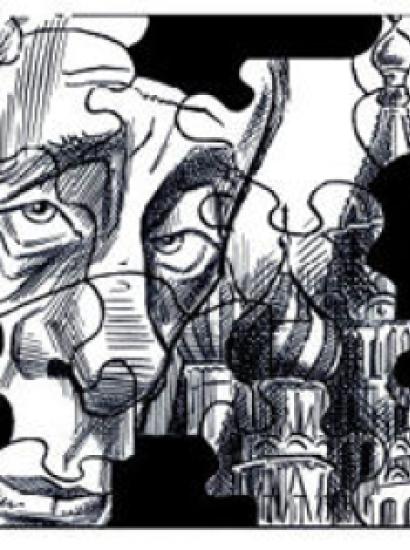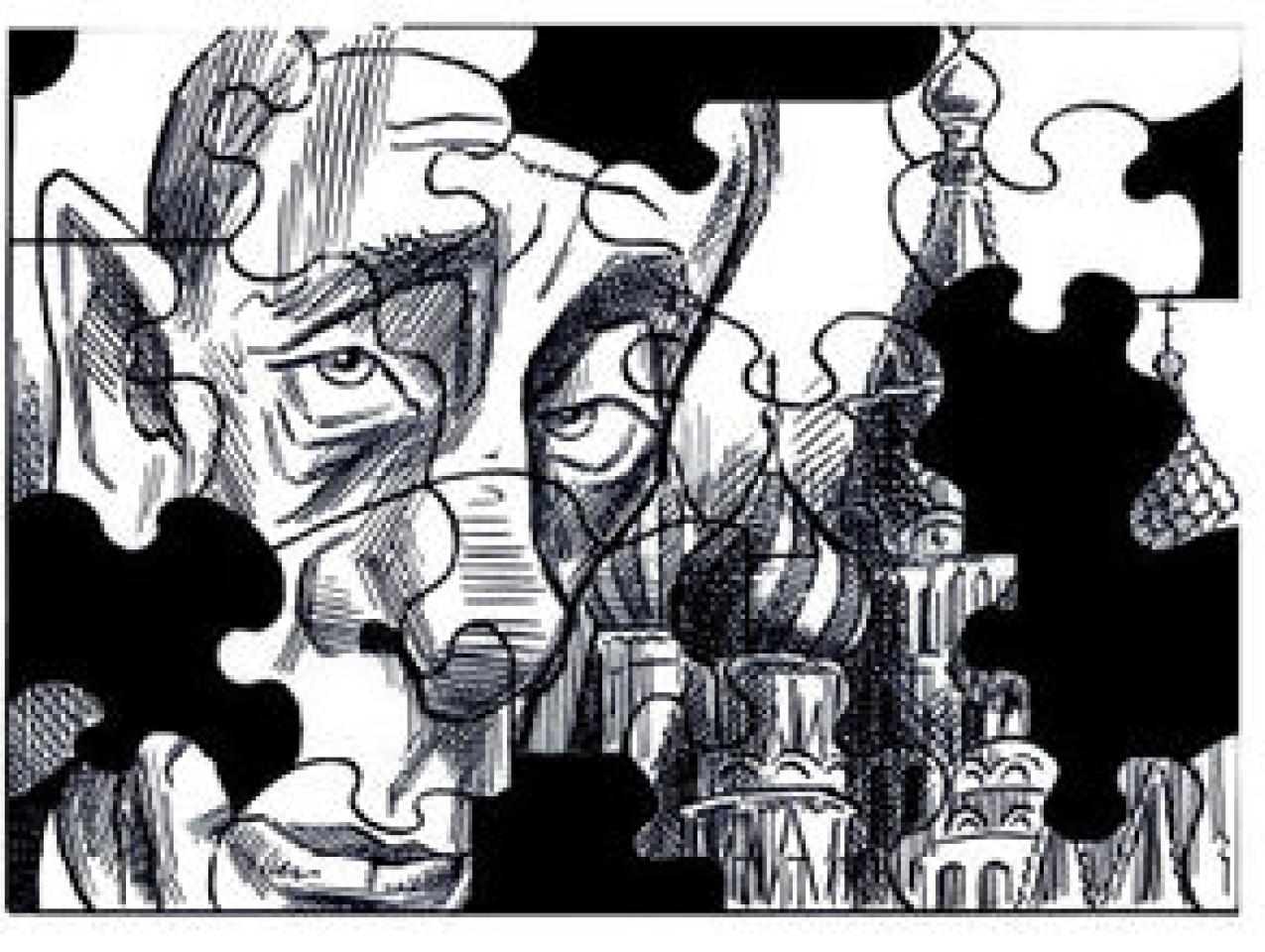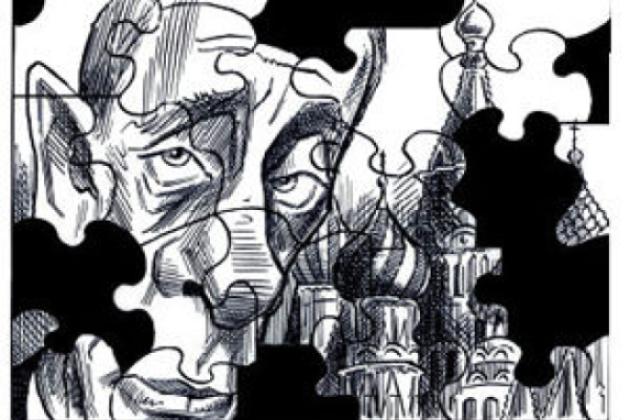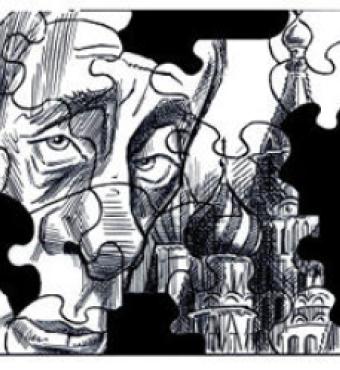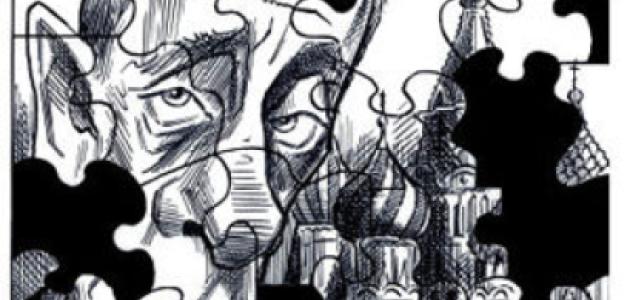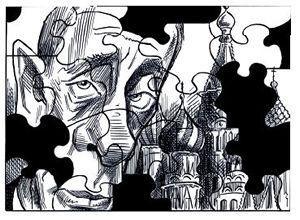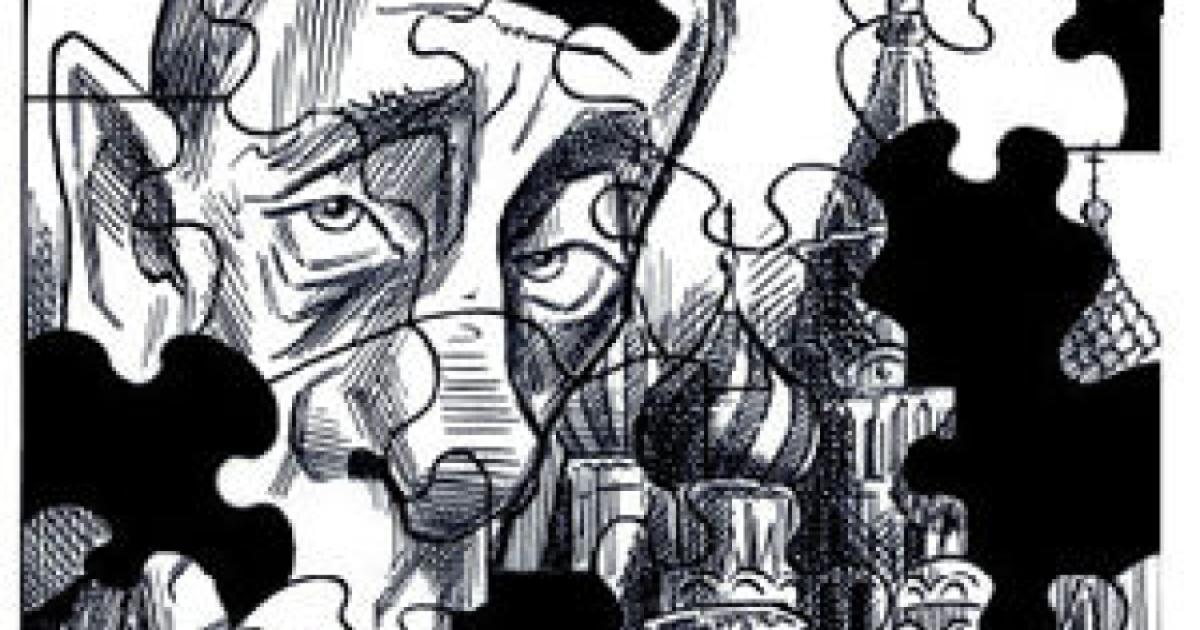- International Affairs
I
f many technical questions still linger regarding how and why the 118 members of the crew of the Russian submarine Kursk perished on August 12, the tragedy has provided some fairly definitive political answers about Vladimir Putin as a leader and the Russians as a people.
After an incredibly easy ride to the summit of power and a series of successes at home and abroad, the Kremlin leader finally faced a real test of leadership. He failed. Putin’s initial instincts were typical of the KGB apparatchik that he is. He and his government lied, denied, and deceived. In turn, the Russian people succeeded in demonstrating that they are no longer willing to submit passively to the state’s dictates.
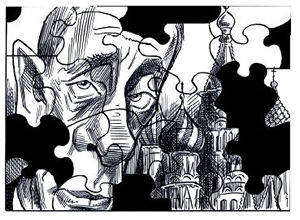
If the Russian leader’s initial responses to the crisis were Soviet in flavor, public reaction was distinctly post-Soviet. There has even been speculation that the Kursk tragedy is Putin’s Chernobyl, an event that in the long run will help precipitate a new approach to openness and a rethinking of state priorities.
Think again. To be sure, the public outcry and the new public skepticism toward the once wildly popular Putin are silver linings to this unfortunate disaster. However, we should not project too many lasting consequences into this one event. It will take many more Kursk-like setbacks to sink the president.
Putin is not a weak and embattled leader. In the first few months since his election as president he has already made his mark on foreign policy and pushed through a much-needed tax reform. More significantly, he has transformed the political landscape, weakening those institutions that acted as checks on presidential power during the Yeltsin era. Throughout this period, he has maintained solid popular backing: polls earlier this month gave him an approval rating of 70 percent.
The seemingly unstoppable Putin finally stumbled in his handling of the Kursk. In the first days of the crisis he acted like a bureaucrat, not a leader. It was only the rising outrage of a critical press and an angry public that led him to dramatically change his tack.
Putin might come away from this experience with the lesson that it is best to react quickly and publicly to criticism. The outcry demonstrated that the Russian people may desire more law and order but are not willing to tolerate indifference and deceit from their leaders. More likely, however, he will learn a different lesson from this crisis: a free press capable of exposing government mistakes and sparking public resentment is dangerous. After all, Putin’s government has devoted enormous resources to controlling reporting on the war in Chechnya. To date, his ambitious agenda for change has not included the deepening of democracy or military reform. Rather than more meetings with voters or transparent government investigations, we should expect more harassment of the press, greater control over the flow of information, and more money for the military.
While the Russian people proved that they expect more from their leaders than during Soviet times and may no longer hold romantic illusions about Putin as a savior, the struggle for a more responsive, responsible, and effective Russian state—that is, a more democratic state—has only just begun.








